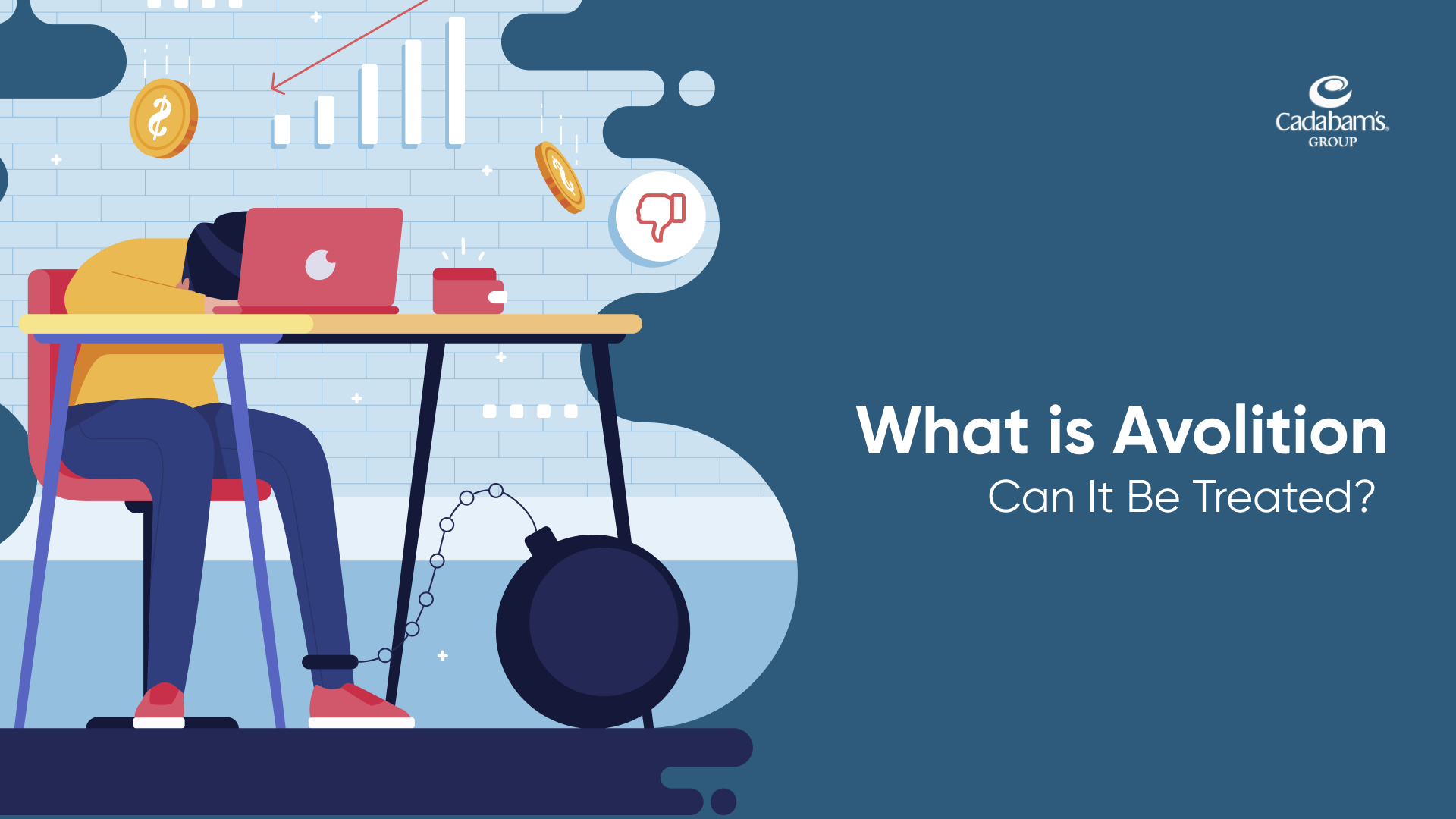A study estimated that 1 in 13 people may experience a psychotic episode. Are you aware of psychosis? If you aren’t aware of it, this blog helps you with the information on the risk of Psychosis.
What is Psychosis?
When an individual is out of touch with reality it is known as Psychosis. It is identified as a major symptom of some serious mental disorders. Hallucination and delusion are the two main symptoms that an individual might encounter during psychosis.
Symptoms Of Psychosis-
Hallucinations –
When a person witnesses the absence of a stimuli due to the influence of sensory perception, it is known as hallucinations. The individual might be able to see, feel, hear or even smell what is actually absent. This can differ from person to person with respect to the nature and severity of the illness. Some of the examples are,
- “I see a red sparrow flying on my ceiling, aren’t you seeing it.”
- “I saw my shadow was speaking with me”
Delusions –
A person with delusion might hold on firmly with the thoughts of what he/she believes also known as false beliefs. These thoughts, regardless of the condition, whether it is logically possible or not. Delusion has some subtypes that include paranoia, grandiose and somatic delusions. Some examples are,
- “I am capable of doing anything and I mean it.”
- “I able to understand all the things around me which normal people fail to do.”
Psychosis Causes and Symptoms
Early Symptoms of Psychosis-
- Having trouble concentrating
- Mood fluctuation from low to high (vice-versa)
- Lack of sleep or excessive sleep
- Feeling anxious
- Being doubtful or suspicious
- Social isolation
- Shifting thoughts or disorganised speech
- Self-harm or suicidal thoughts
What Causes Psychosis:
In each case the cause of the psychosis varies, there is no specific root cause for this disorder. But there are certain illnesses which lead an individual to the psychotic condition. Some of the major disorders associated with psychosis may include,
- Bipolar disorder– The individual may undergo mood fluctuations from high mania to low depression or vice versa.
- Delusional disorder– The person tends to believe things that aren’t real.
- Psychotic depression– Psychosis may impact a person in a way that it leads them to have depression.
- Schizophrenia– In this condition, the person is at high-risk of developing long-term psychotic symptoms.
- Alzheimer’s disease– It may cause the brain cells to degenerate which might lead to permanent loss of memory to the individual.
The Other Factors That May increase your risk of Psychosis Symptoms-
- Frequent usage of drug or other substances
- Consumption of prescription drug
- Traumatic events like accidents, the death of adored one, sexual abuse and etc,.
- Genetic factor have an immense impact on psychosis
- Vitamin B12 deficiency
It is important for you to understand that psychosis is difficult or near to impossible to heal itself. If you are considering self-help for psychosis, then you are moving yourself into a peril situation. Consider professional help instead.
Treatment For Psychosis –
The combination of medications and therapies are significant for psychosis. It helps the doctor to evaluate the individual’s progress towards recovery. Some of the therapies applied in treating psychosis are,
- Medication: It plays a vital role in the process of recovery. Medications may help the individual to reduce the symptoms of psychosis by stabilizing the mood.
- CBT (Cognitive Behavioural Therapy)- This is a structured talk therapy where the therapist works with the thoughts and behaviours of the individual and helps them improve their condition.
- Individual counseling- One of most effective therapy used to communicate with the individual to evaluate his state of mind, understand the illness and stage of recovery.
- Group therapy– A group of individuals share their experiences with each other. In this therapy, the person may realise that they are not the only one struggling psychosis and can also learn from each other about ways of coping.
Getting the early intervention might make the recovery process faster and deduce the negative impacts. Cadabam’s Hospitals has specialised professionals who can treat psychosis in a better way. Cadabam’s the only Hospital in Asia to offer evidence-based treatments and therapies. Book an appointment now, call us @ +91 96111 94949. Happy recovery!


.jpg)



%201.webp)























